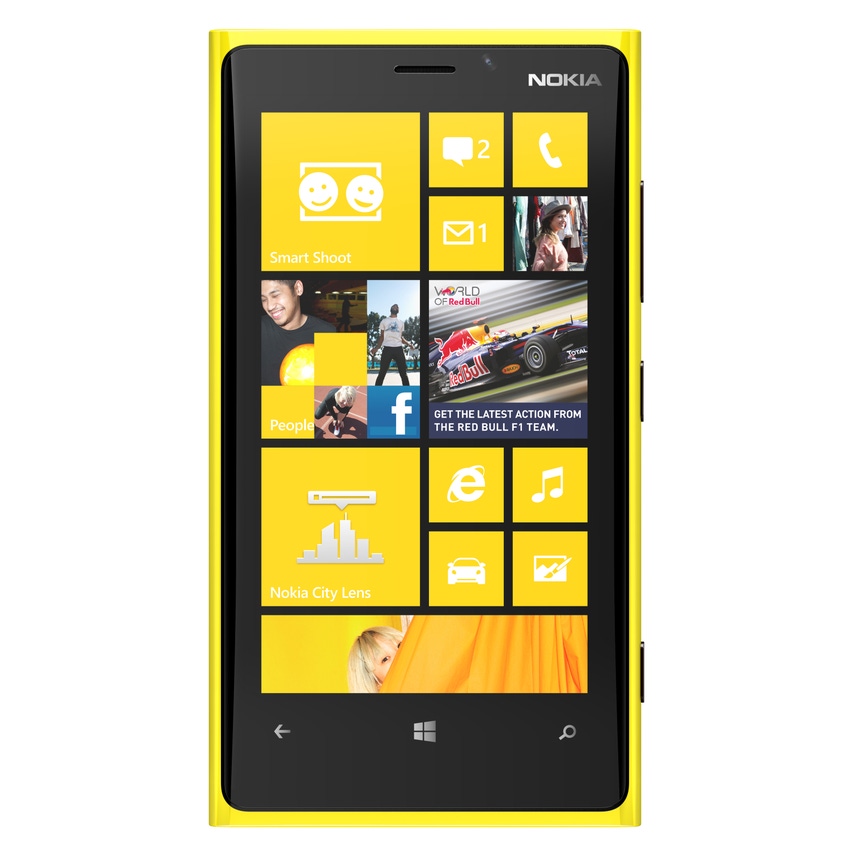Following Microsoft’s announcement that it is to buy Nokia’s Devices & Services business for €5.44bn, industry analysts have had their say about what the future will hold for the two firms.
September 4, 2013

Following Microsoft’s announcement that it is to buy Nokia’s Devices & Services business for €5.44bn, industry analysts have been holding forth on the future of the collaboration.
The new Nokia faces a long road ahead to establish Windows Phone as a real competitor to Android and Apple in the smartphone space. In the second quarter of 2013, Nokia shipped just 7.4 million Windows Phones while Apple sold 31.2 million iPhones and Android sales totalled 185 million units, according to data from research firm IHS.
However, by acquiring the Nokia division, Microsoft will now have control over the hardware as well as the software in its devices. In this respect, the firm will be in a similar position to Apple. However, the firm has a lot of ground to make up if it is to worry the likes of Apple, according to Tony Cripps, principal device analyst at Ovum.
“The sale of Nokia’s mobile phone business demonstrates conclusively the need for major consumer technology vendors to create ever deeper and wider offerings to consumers and ecosystem participants in terms of their device, platform and service offerings,” Cripps said.
“Nevertheless there is still much to resolve if the acquisition is really to have meaningful impact. While Microsoft and Nokia have jointly been increasing the money flow through the Windows Phone marketing faucet of late it will take mega bucks to take on Apple and Android head-cheerleader Samsung for marketing volume and volume shipments. We need to see that kind of commitment coming before we can really count Microsoft in the same league as its two main competitors.”
Cripps added that while Microsoft has many of the key elements for consumer tech success in place, too many of those elements feel not quite at parity with their rivals.
Ian Fogg, analyst and director for mobile & telecoms at research firm IHS, suggested that Microsoft’s most urgent challenge is in improving the quality of the Windows Phone experience.
“To succeed with Windows Phone Microsoft must increase both the quality and quantity of third party Windows Phone apps. It must spend tremendously on marketing and channel incentives to drive Windows Phone awareness with consumers and ensure Windows Phones are widely ranged by mobile operators,” he said.
“Microsoft must also increase the pace of Windows Phone feature innovation, end the disjointed experience of multiple maps and camera apps on Lumia smartphones, improve multitasking and add key enterprise features such as VPN support which it is frankly astounding that are still omitted.”
It has also been suggested that Microsoft is following a “me-too” strategy with this deal, after Google acquired Motorola Mobility and the widespread recognition that Apple’s content and hardware ecosystem is a model that works.
According to Victor Basta, managing director of Magister Advisers, Microsoft is attempting to ‘recreate Apple’ by combining its software and hardware under one roof.
“This still leaves the strategic question of how Microsoft will be competitive in the mobile space. A ‘me too’ strategy, catching up with Apple is not likely to succeed. Microsoft needs its own strategy in the marketplace, and Nokia alone will not deliver that strategy.”
He added that Nokia’s 30,000-strong workforce will make integration a costly, time-consuming and “inevitably blood-letting exercise”.
Ben Wood, chief of research at CCS Insight described the move as “bold but entirely necessary” for Microsoft, suggesting that “the failure of Microsoft’s platform-only approach over the last 15 years…has left it with few alternatives.” While the move is “positive for both companies,” Wood said, questions remain over the parts of Nokia that are left behind. “The combination of Nokia Siemens Networks, Here Maps, the patent portfolio and CTO’s office is not currently an organisation with compelling logic.”
The acquisition of Nokia adds to a portfolio including Microsoft’s Xbox products and services, VoIP services in Skype and benefits from the ease of integration of Windows Phone with its own Office 365. It also still has a huge global installed base of PCs, which are as much a part of the complete picture as smartphones, tablets and online services, according to Ovum’s Cripps.
“What is almost certain is that, beyond Apple and Google, Microsoft is the best equipped of today’s consumer tech giants to be able to put all the requisite pieces in place to succeed long term,” he said. “Execution is another matter though and Ovum needs to see sustained progress in Windows Phone shipments over the next three or four years – 15 per cent market share is a good target to aim for – to be convinced that Microsoft can establish itself as a real consumer tech market maker rather than a follower.”
About the Author(s)
You May Also Like








.png?width=300&auto=webp&quality=80&disable=upscale)


_1.jpg?width=300&auto=webp&quality=80&disable=upscale)


.png?width=800&auto=webp&quality=80&disable=upscale)